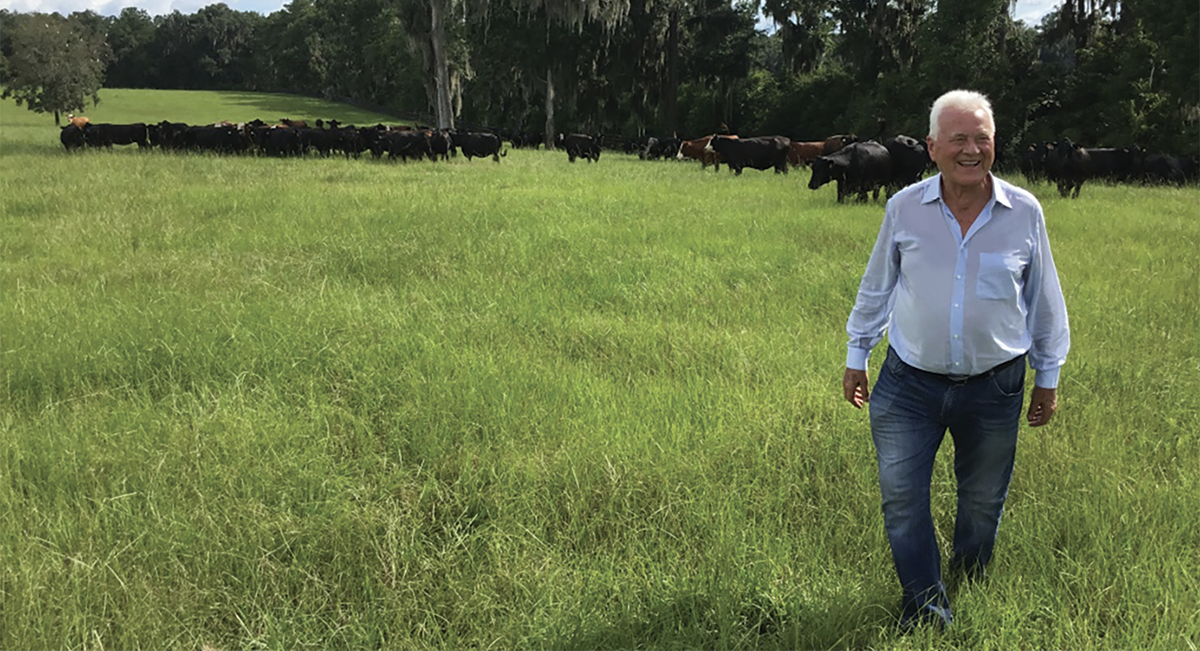
Asserting boundaries and prioritizing your needs: the power of “No”
It is often the first word that children learn to say: “No.” Children have no problem responding to parents’ pleads with this powerful word: “Do you want to take a nap? Do you want to use the potty before we get in the car? Do you want to kiss Auntie Helen?” “NO!”
Humans are born with the innate ability to evaluate what they want and what they don’t and can express this as children, but as we grow older, it becomes more and more difficult to utter these two letters. This makes us wonder: what happens between toddler years and adulthood that makes it so difficult for us to say no?
Saying no is a struggle many of us face, fearing rejection, anger, or just the uncertainty of the other person’s response. People-pleasing behaviour is often rooted in childhood experiences. When children are raised to repress their emotions and their needs in order to please their parents or to avoid negative consequences, they grow up to be adults who have a difficult time saying no. If a child is labeled as “bad” when they express their needs, a fear of punishment might be synonymous with saying no, even as they become an adult. Similarly, children who only received more attention when they denied their own needs in favour of making others happy learn to become adults who dedicate their lives to pleasing others.
As a therapist, I often hear patients who struggle to assert themselves – by creating boundaries and prioritizing their needs – share stories of how they were responsible for the emotional care of their family or how they lived in fear of parental outbursts if they were to express their needs. Those with such experiences may suffer from lack of self-esteem, feel an absence of control in their lives, and live with constant feelings of guilt and shame as they lose touch with their own wants and needs.
The ability to say no comes with practice and requires practice and dedication to master. Here are some tips that can help you start this journey.
1) Discover the roots of your behaviours: Were you taught as a child to say yes to everything to avoid conflict? Are your fears of rejection and insecurities preventing you from asserting your boundaries? Becoming acquainted with your history will help you understand your values, which in turn will determine your priorities and behaviours.
2) Boundaries are the building blocks of happiness: When stuck in situations that require a decision, having boundaries will help you determine how to move forward. These are the questions that could be helpful:
- What will I not allow in this situation?
- What do I need to feel happy in this situation?
- What is my area of flexibility?
3) Learn to say no in an effective way: Saying no doesn’t have to be an act of conflict or aggression. Learning to effectively communicate your needs is what makes the difference. Examples of how to say no courteously include:
- Thank you for thinking of me, but I will be otherwise engaged at that time.
- I am not comfortable with that assignment, is there an alternative?
- I am unable to attend this event, but I hope to see you soon!
- I am afraid I am fully booked for the upcoming week; however, I am happy to look in my calendar for alternative times.
- Please don’t see this as me saying no to you, but as saying yes to myself – I really need to prioritize myself now.
4) Practice “no” every day and make it a part of your life: Effective and sustainable change takes time and practice. Assess and set your priorities and boundaries often and practice asserting them on a daily basis. Boundaries are healthy and will help you develop better relationships.
Contact Zahra Nafar at YourTherapist Psychotherapy & Counselling to book an appointment.
Photo: iStock









